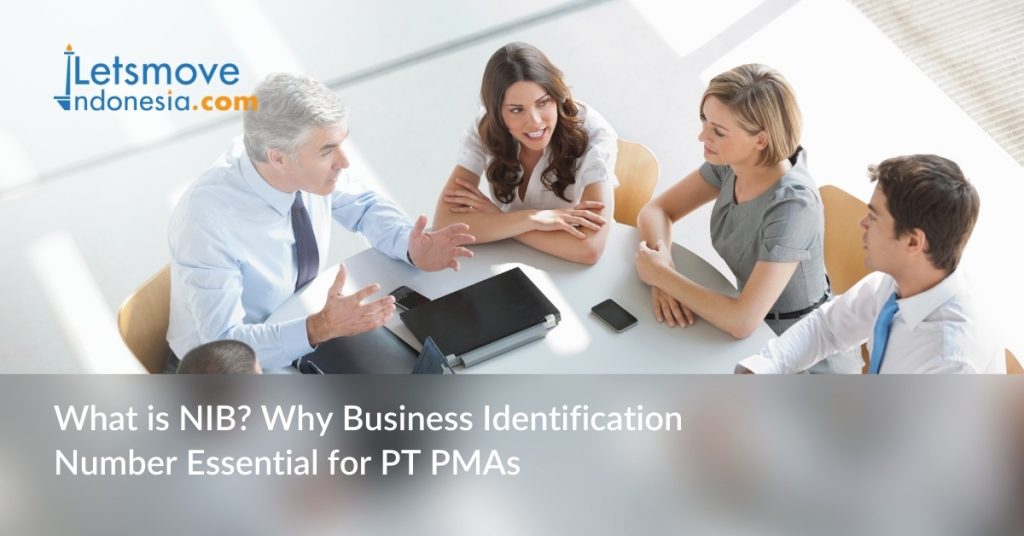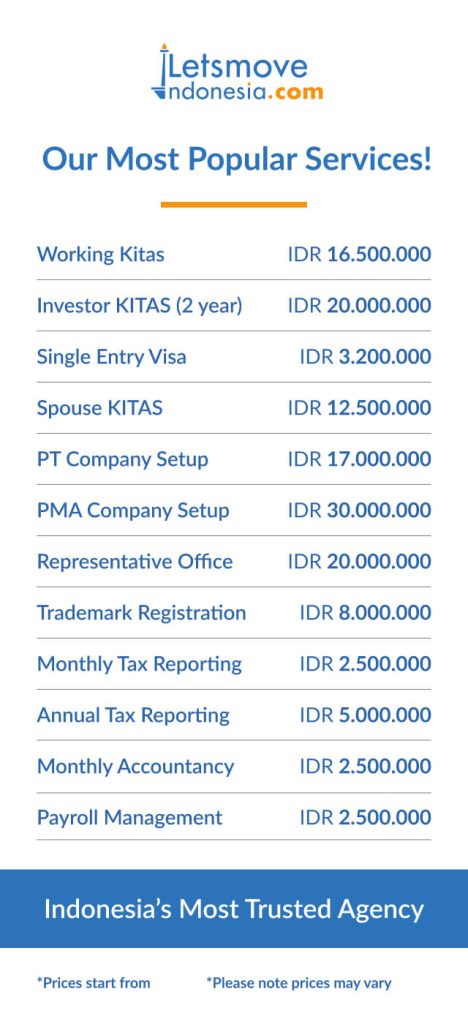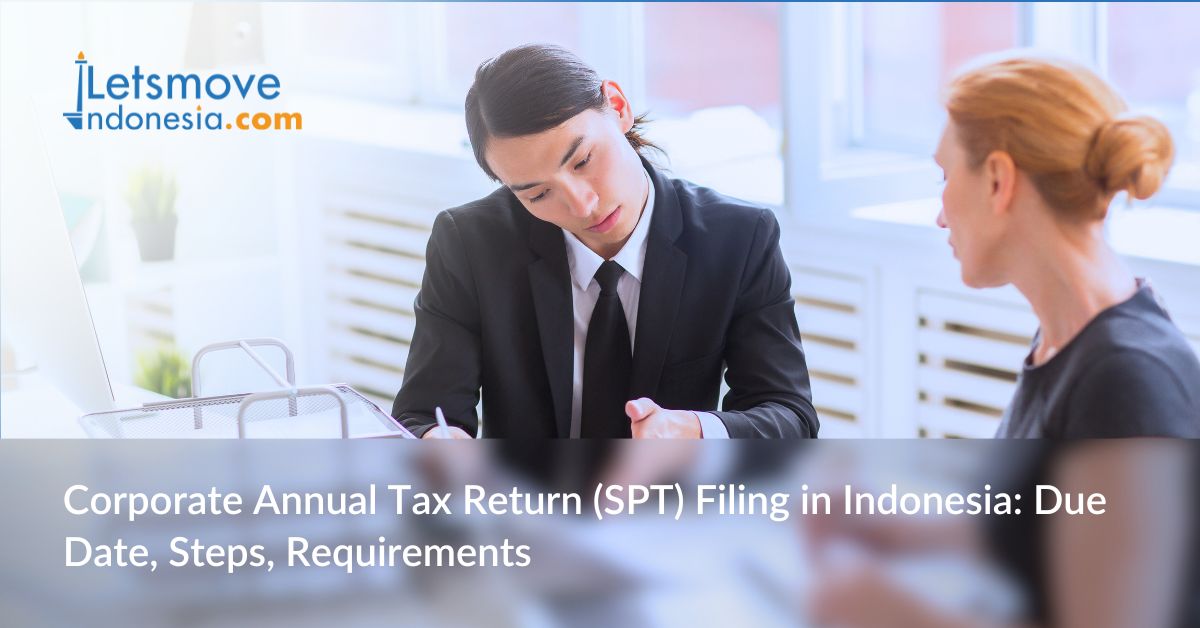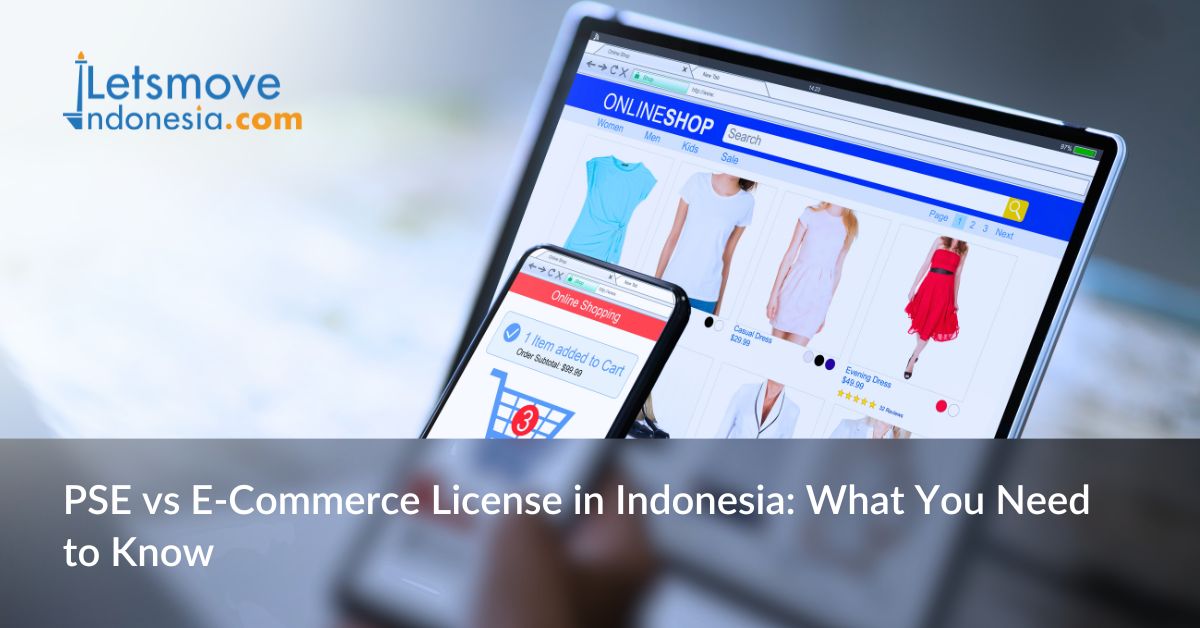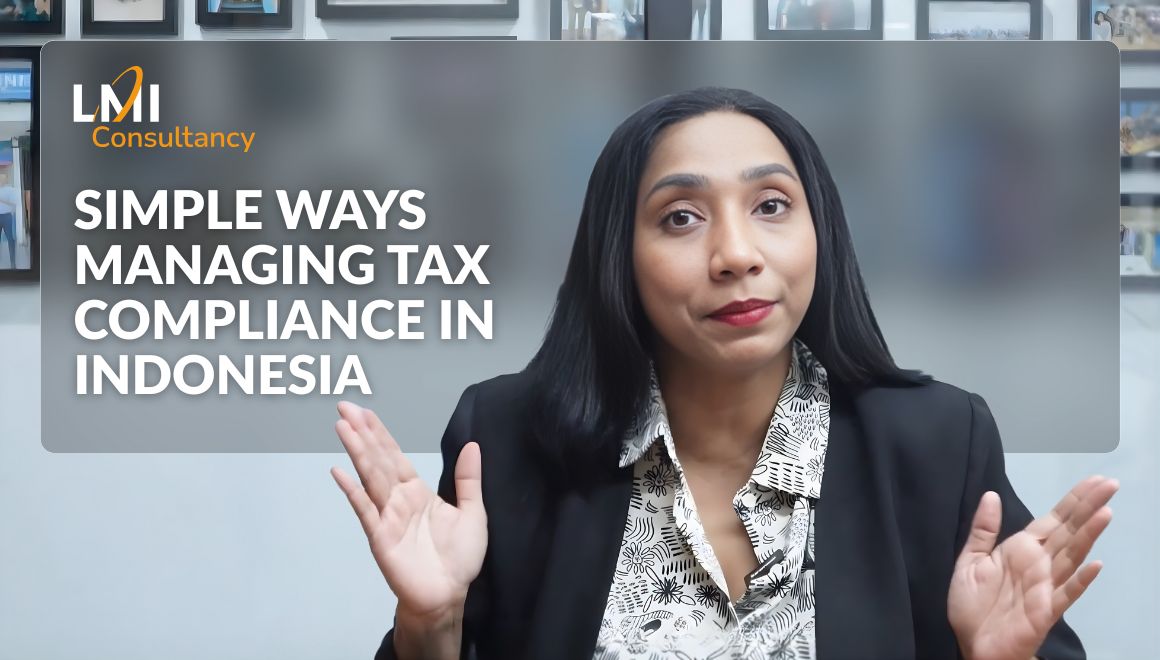Navigating the new frontier of Indonesian Business Licensing
In a bid to stimulate business investment and streamline the once cumbersome licensing process, the Indonesian government has ushered in a new era of regulatory reform. At the heart of this transformation is the Online Single Submission (OSS) system, a digital platform that empowers business owners to navigate the entire licensing journey from the comfort of their own offices.
What is NIB, and what is its importance for businesses in Indonesia?
To ease the process of obtaining business permits, the Indonesian government implemented a new policy through Presidential Regulation Number 91 of 2017, introducing the Nomor Induk Berusaha (NIB) or Business Registration Number. With NIB in place, entrepreneurs are no longer required to endure the lengthy and complex procedures associated with acquiring various business permits such as SIUP, IUI, TDP, and others. Officially effective since May 2018, NIB streamlines the process, making it easier for entrepreneurs to obtain the necessary documentation.
Integral to the One-Stop Service (OSS) system, NIB functions as a unique identifier, akin to a national identity card for businesses. Not only does it serve as proof of registration, but it also acts as a key that unlocks access to essential permits and benefits, simplifying the process and reducing time-consuming bureaucratic hurdles for entrepreneurs in Indonesia.
For foreign investors establishing a PT PMA (Foreign Investment Limited Liability Company) in Indonesia, obtaining a NIB is not just recommended; it’s essential. Let’s explore why.
Identification Number as a fast track to Business Licensing
Historically, securing business permits in Indonesia could be a time-consuming and frustrating ordeal. Disparate regulations across different regions often led to confusion and delays, with the process sometimes stretching for months. The OSS system and NIB have changed that.
By centralizing and standardizing licensing requirements, the OSS system eliminates much of the bureaucratic red tape. Once you’ve registered your PT PMA and obtained your NIB, you’ll gain access to a streamlined, efficient licensing process for your business activities in Indonesia. No more endless paperwork or waiting in queues.
Multi-purpose functionality
The NIB isn’t just a simple identification number. It also functions as:
- Company Registration Certificate (TDP)
- Importer Identification Number (API)
- Customs Access
This multi-faceted functionality eliminates the need to apply for these permits separately, saving you time and effort.
3. Access to essential government services
The NIB is your passport to a range of essential government services and programs. For instance, if your PT PMA is involved in bonded warehousing or importing/exporting goods, the NIB is a prerequisite for obtaining the necessary licenses and permits.
Furthermore, access to government-backed financing programs, such as the People’s Business Credit (KUR), is often contingent on having an NIB.
4. Simplified compliance
The OSS system and NIB also contribute to simplified compliance. By centralizing all your licensing data under one identifier, the NIB makes it easier to track and manage your compliance obligations. This can help you avoid penalties and ensure your PT PMA remains in good standing with the Indonesian government.
After grasping the mandatory nature and functions of the NIB (Business Identification Number), the next step is obtaining one. For a detailed guide on how to acquire and verify your NIB, you can refer to our comprehensive article titled “How to Obtain and Check Your NIB.”
NIB and KBLI: Understanding the difference
Having been receiving many of our clients asking regarding KBLI (Indonesian Standard Industrial Classification) during the NIB process, it is essential to recognise that the NIB encompasses various data points, including your business profile, capital structure, Taxpayer Identification Number (NPWP), KBLI, and business location. KBLI, on the other hand, is a classification code system managed by a non-ministerial government agency responsible for statistics. Thus, the NIB and KBLI serve distinct purposes.
For instance, a business engaged in the wholesale trade of automotive parts and accessories, classified under KBLI 45301, falls into the low-risk category. Consequently, its business licensing requirement is fulfilled by obtaining an NIB, which acts as both the business’s identity and legal authorization to operate.
The risks of a business entity operating in Indonesia without a business identity
While there are no explicit penalties for conducting business without an NIB, its absence can lead to significant disadvantages. As the NIB serves as proof of registration and a business’s identity, its lack can create complications in various administrative processes.
For example, if your business involves Bonded Warehousing (TPB), obtaining an operating license necessitates an NIB. Similarly, accessing the People’s Business Credit (KUR) program requires businesses to possess a NIB, as explicitly stipulated in the Coordinating Minister for Economic Affairs Regulation 1/2022 and its amendments.
In essence, operating without a NIB can hinder your ability to navigate administrative requirements, potentially limiting your business’s growth and opportunities. Conversely, possessing a NIB streamlines these processes, facilitating smoother business operations.
Legal Basis:
Government Regulation Number 5 of 2021 concerning Risk-Based Business Licensing
- Minister of Finance Regulation Number 71/PMK.04/2018 of 2018 concerning Integrated Electronic Business Licensing Services in the Fields of Customs, Excise, and Taxation
- Coordinating Minister for Economic Affairs Regulation Number 1 of 2022 concerning Guidelines for the Implementation of People’s Business Credit, as amended by
- Coordinating Minister for Economic Affairs Regulation Number 1 of 2023 concerning Amendments to Coordinating Minister for Economic Affairs Regulation Number 1 of 2022 concerning Guidelines for the Implementation of People’s Business Credit.
Stay Ahead of the Legal Updates in Indonesia with Lets Move Indonesia
Staying ahead of Indonesia’s ever-changing regulatory landscape can be daunting. But with Lets Move Indonesia by your side, navigating legal compliance becomes a breeze. Ou
r expert consultants are well-versed in the latest regulations, ensuring your PT PMA remains in good standing. Contact Lets Move Indonesia today, and let us simplify your legal journey in Indonesia.
We hope this information proves beneficial.
Disclaimer: Please note that this article provides information for reference purposes only and does not constitute legal advice. Always consult with a qualified legal professional for advice tailored to your specific circumstances.
Check Out Our Other Useful Articles About Visa and Business Updates Here!
Navigating BPOM Regulations for Market Entry in Indonesia: A Comprehensive Guide
